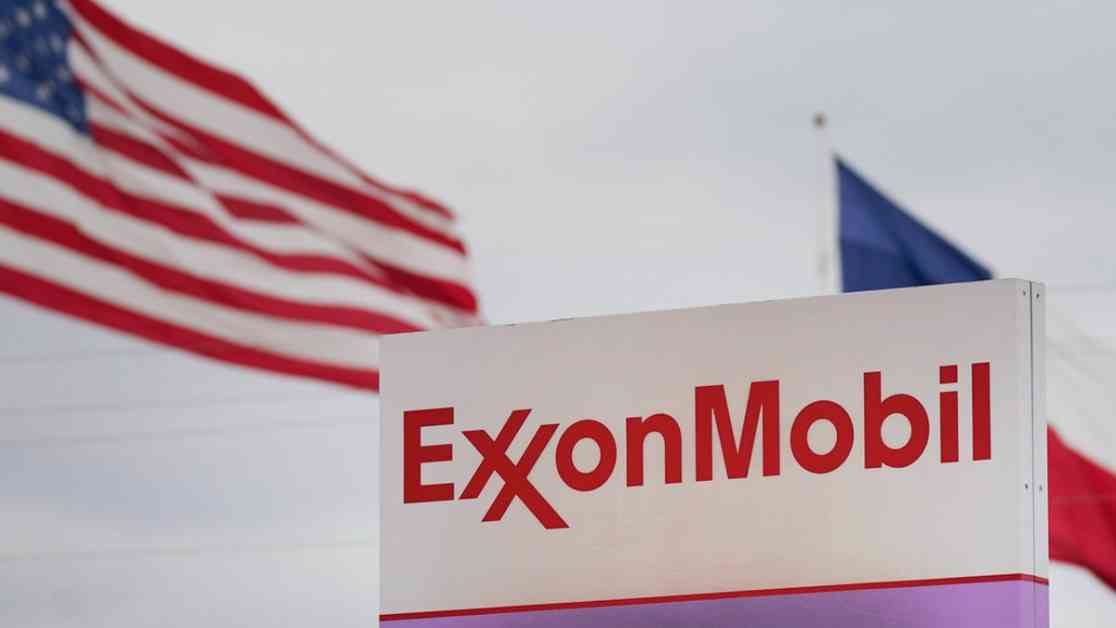ExxonMobil is facing a lawsuit from California for allegedly misleading the public about the recyclability of plastics it produces. According to the Attorney General’s office, less than 5% of plastic in the U.S. is actually recycled into new products, leading to an overflow of plastic waste in landfills and oceans despite being labeled as “recyclable.”
California Attorney General Rob Bonta accused ExxonMobil of encouraging consumers to buy more plastic products under the false pretense that they would be recycled, thus boosting the company’s profits. ExxonMobil, on the other hand, blamed California’s ineffective recycling system for the issue and suggested that the state could have collaborated with them to find a solution.
This lawsuit is part of a larger trend where various municipalities and states have taken legal action against oil and gas companies for their contribution to climate change. Recent investigations and subpoenas revealed hidden documents that exposed ExxonMobil’s alleged concealment of the harmful effects of plastics and the challenges of recycling them.
While the lawsuit aims to hold ExxonMobil accountable for deceptive practices and seek remedies for the damage caused by plastic pollution, legal experts believe it may face challenges due to the complex nature of public nuisance laws. The state’s reliance on the public nuisance claim could open up possibilities for similar lawsuits against other companies in the future.
ExxonMobil’s promotion of “advanced recycling” methods as a solution to the recycling crisis has also come under scrutiny, with the state arguing that only a small percentage of plastics are actually recycled through these processes. The lawsuit seeks to compel ExxonMobil to end deceptive practices, establish an abatement fund, and pay civil penalties for the harm caused.
The lawsuit has raised awareness about the misconceptions surrounding recycling and the environmental impact of plastic waste. Consumers who have been misled by claims of recyclability are now confronted with the reality of the situation, as stated by Attorney General Bonta. The lawsuit serves as a reminder of the importance of transparency and accountability in addressing environmental issues and promoting sustainable practices.


